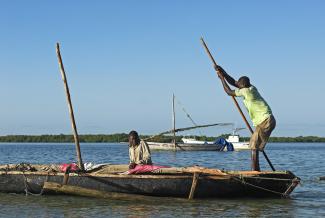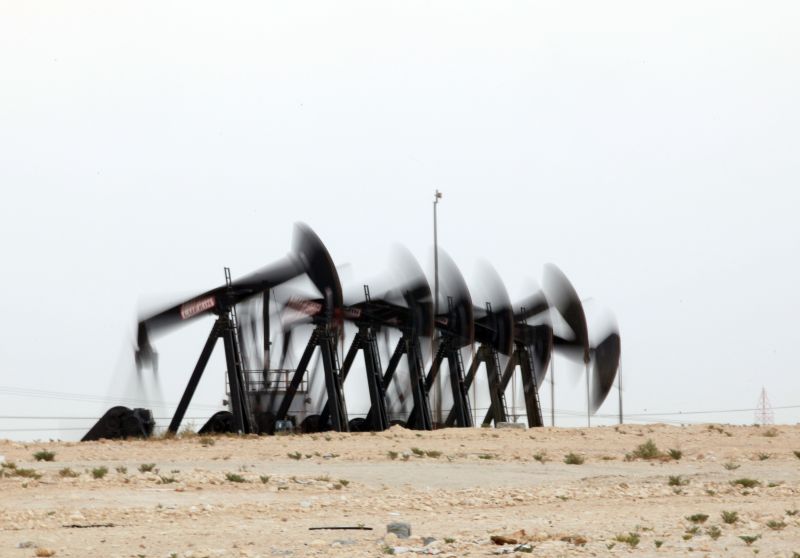Foreign trade
Mozambique’s foreign trade weakness

At one time, railway carriages were built in Mozambique; today, the country even imports a good deal of its food. Productivity is particularly low in the agricultural sector, and the range of products is small despite the good climate. Most of the workforce are informal sector workers and live in poverty; there is little industrialisation.
This is partly because the business environment is so poor, as the World Bank’s Doing Business Index and Transparency International studies on corruption and business ethics suggest (for the current corruption scandal in Mozambique, see Kaiser/dos Reis).
Not much in the economy happens without the involvement of the political elite, which is why there is hardly any fair and open competition nor sufficient productivity incentives. International trade is also impeded by bureaucracy. Costs and administrative charges for permits are high, waiting times are long, and government offices are often inefficient and unreliable. Moreover, the country is large and long but transport infrastructure is substandard and expensive.
Because of the absence of industrial manufacturing, exports consist mostly of unprocessed commodities and raw materials: aluminium, coal, gas, minerals and modest amounts of tobacco, cotton and shellfish. They are generally financed by foreign investors, who prefer short supply chains and rarely integrate local businesses.
Exports go to China and neighbouring South Africa, which together account for nearly half of Mozambique’s total export earnings. Aluminium is largely supplied to Europe. So foreign trade is not very diversified, either in a sectoral or in a geographical sense, and is thus very vulnerable.








